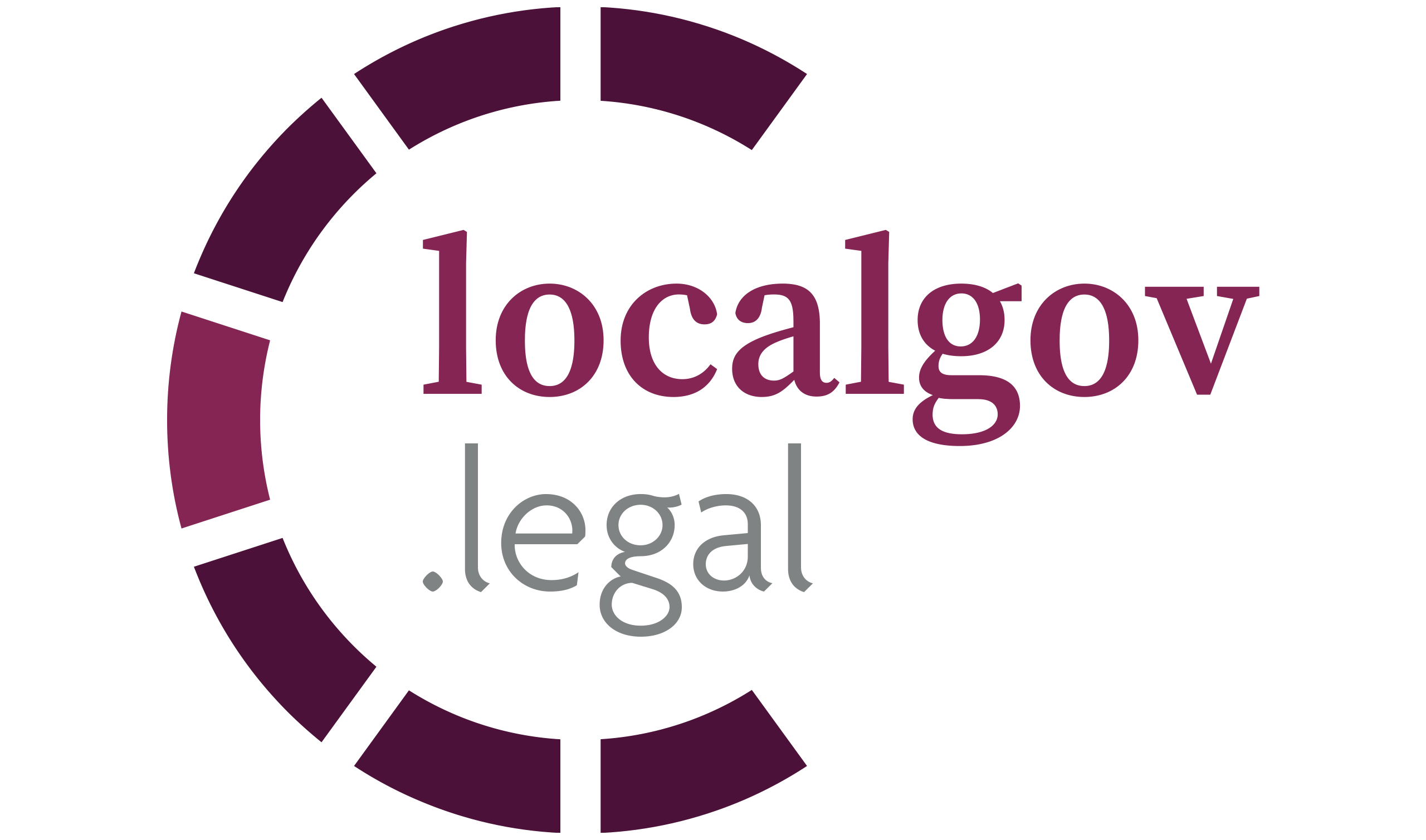New figures from Nationwide show house prices continued to rise in July, with an annual increase of 2.4% year-on-year.
New research, which was published today (August 1st), shows house prices rose to 2.4% in July – up from 2.1% in June.
The increase means the average value of homes reached £272,664, following a 0.6% monthly rise.
‘Looking through the volatility generated by the end of the stamp duty holiday, activity appears to be holding up well,’ Robert Gardner, chief economist at Nationwide, said. ‘Indeed, 64,200 mortgages for house purchase were approved in June, broadly in line with the pre-pandemic average, despite the changed interest rate environment.’
Despite the positive news, the research also shows the house price to average earnings ratio had fallen to its lowest point in over 10 years, at around 5.75.
Robert continued: ‘After deteriorating markedly in the wake of the pandemic, housing affordability has been steadily improving, thanks to a period of strong income growth alongside more subdued house price growth and a modest fallback in mortgage rates.
‘While the price of a typical UK home is around 5.75 times average income, this ratio is well below the all-time high of 6.9 recorded in 2022 and is currently the lowest this ratio has been for over a decade. This is helping to ease deposit constraints for potential buyers, as has an improvement in the availability of higher loan-to-value mortgages.’
Mark Harris, chief executive of SPF Private Clients, claimed the news will put ‘borrows in a stronger position when it comes to negotiating their property purchase. This, in turn, is keeping prices in check.
‘With the markets expecting a further rate reduction next week, we could be in for a busy autumn. Lenders continue to trim their mortgage rates, while easing of mortgage lending rules should also enable borrowers to take on bigger mortgages in coming month.’
In similar vein, Daniel Austin, CEO and co-founder at ASK Partners, added: ‘Today’s rise in property prices brings some optimism, but growth remains subdued as high borrowing costs continue to weigh on buyers. While the Bank of England’s decision to hold rates offers limited reassurance, persistently elevated fixed mortgage rates are still delaying meaningful relief.
‘The construction sector is already grappling with soaring build costs, planning bottlenecks, and a chronic shortage of skilled labour. Investors and developers remain motivated by the enduring supply-demand imbalance, particularly in resilient sectors such as co-living and build-to-rent.
‘For investors seeking stability amid global uncertainty, including market volatility triggered by resurgent US protectionism, UK real estate debt continues to stand out.’
Photo by Qusai Akoud via UnSplash
In related news:


















Leave a Reply